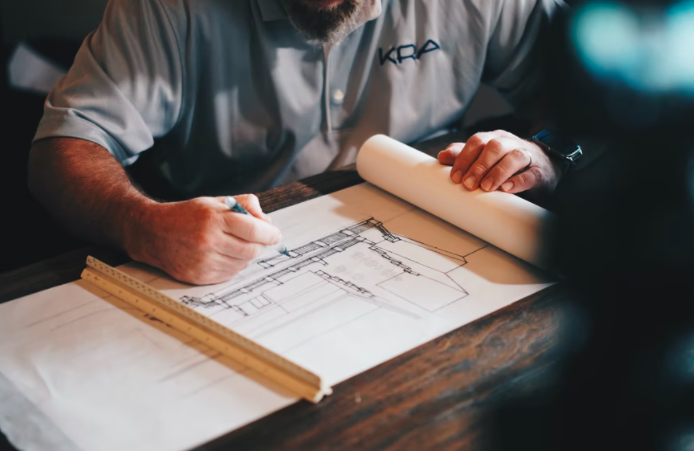
Business Accountants: Is Your Payroll Compliant with the New Minimum Wage Increase? Here’s What Wellington Employers Need to Know
If you run a business in Wellington, it’s time to double-check that your payroll systems are up to date. As of 1 April 2025, the minimum wage in New Zealand has increased, and failing to adjust your systems could lead to non-compliance and financial penalties.






